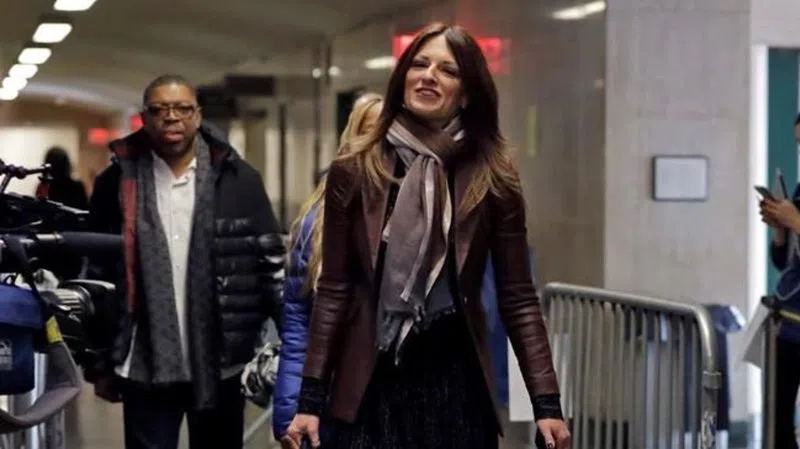
Why didn’t accusers abandon Weinstein? Expert to weigh in
NEW YORK — It’s the defence’s go-to question at Harvey Weinstein’s rape trial: If the once-revered Hollywood mogul is a revolting sexual predator, as prosecutors and scores of women allege, why did some of his accusers keep interacting with him for years after their alleged assaults?
Prosecutors hope to give jurors some answers and neutralize that line of questioning before too long with the help of Dr. Barbara Ziv, a forensic psychiatrist who testified about the same issues at the 2018 retrial that ended in Bill Cosby’s conviction on charges he drugged and molested a woman years earlier.
In her opening statement earlier this week, prosecutor Meghan Hast told jurors the expert witness set to testify Friday will dispel “myths” about how victims behave during and after rapes and sexual assaults.
In evaluating hundreds of victims, Ziv has found most victims “are assaulted by someone they know, don’t physically resist or try to fight off their attacker, don’t immediately report the assault and reach back out to their attacker,” Hast said.
